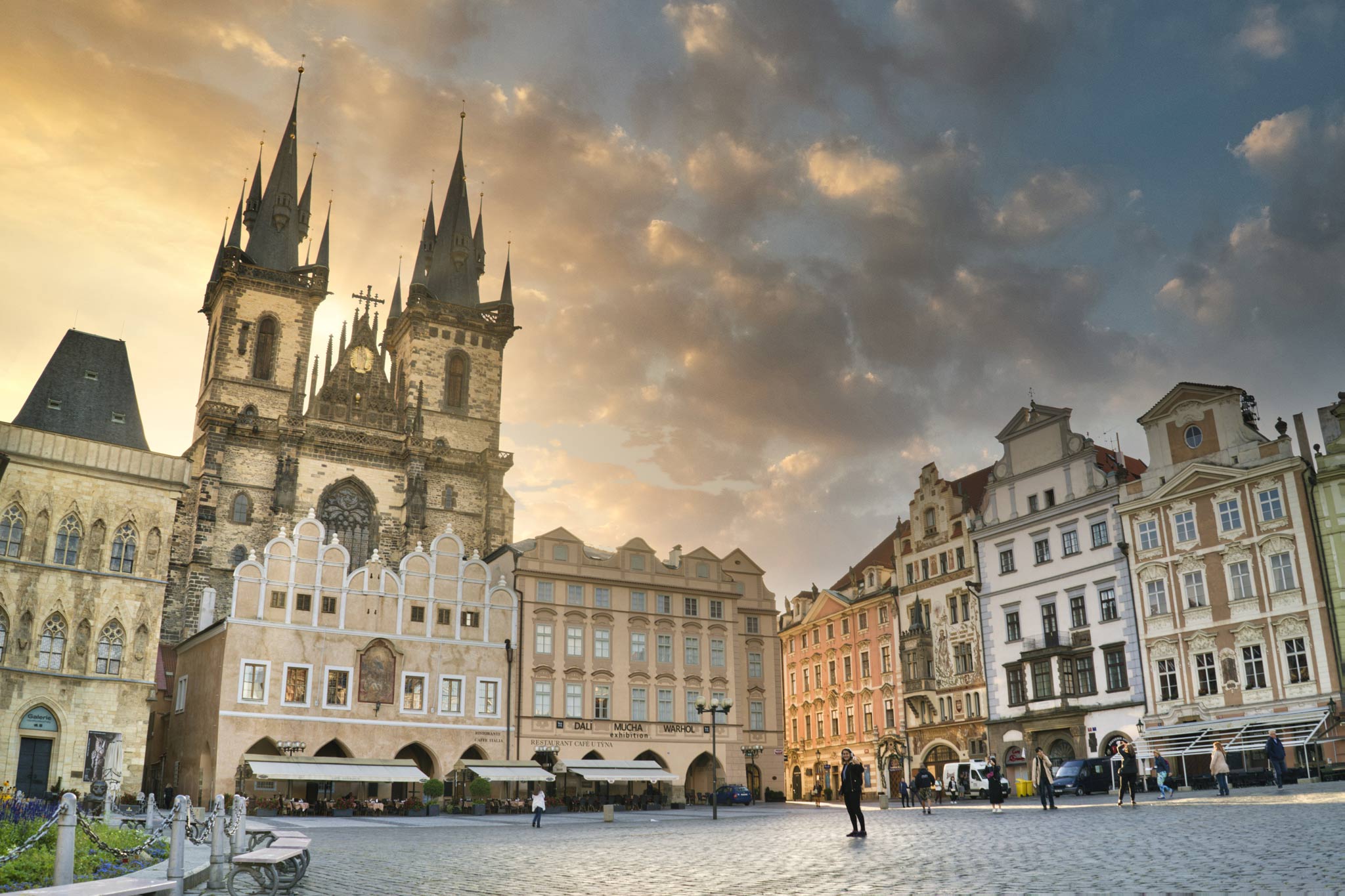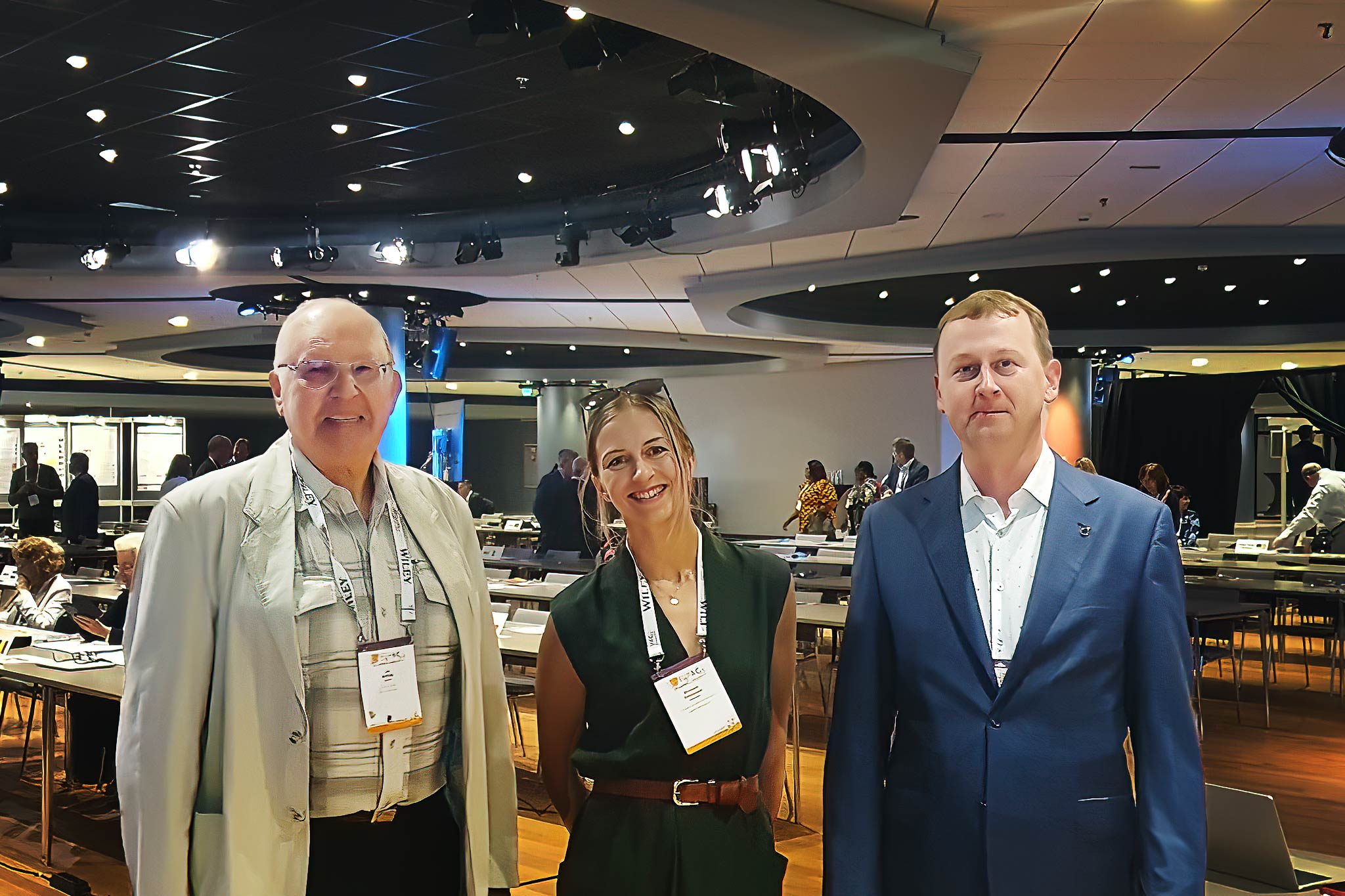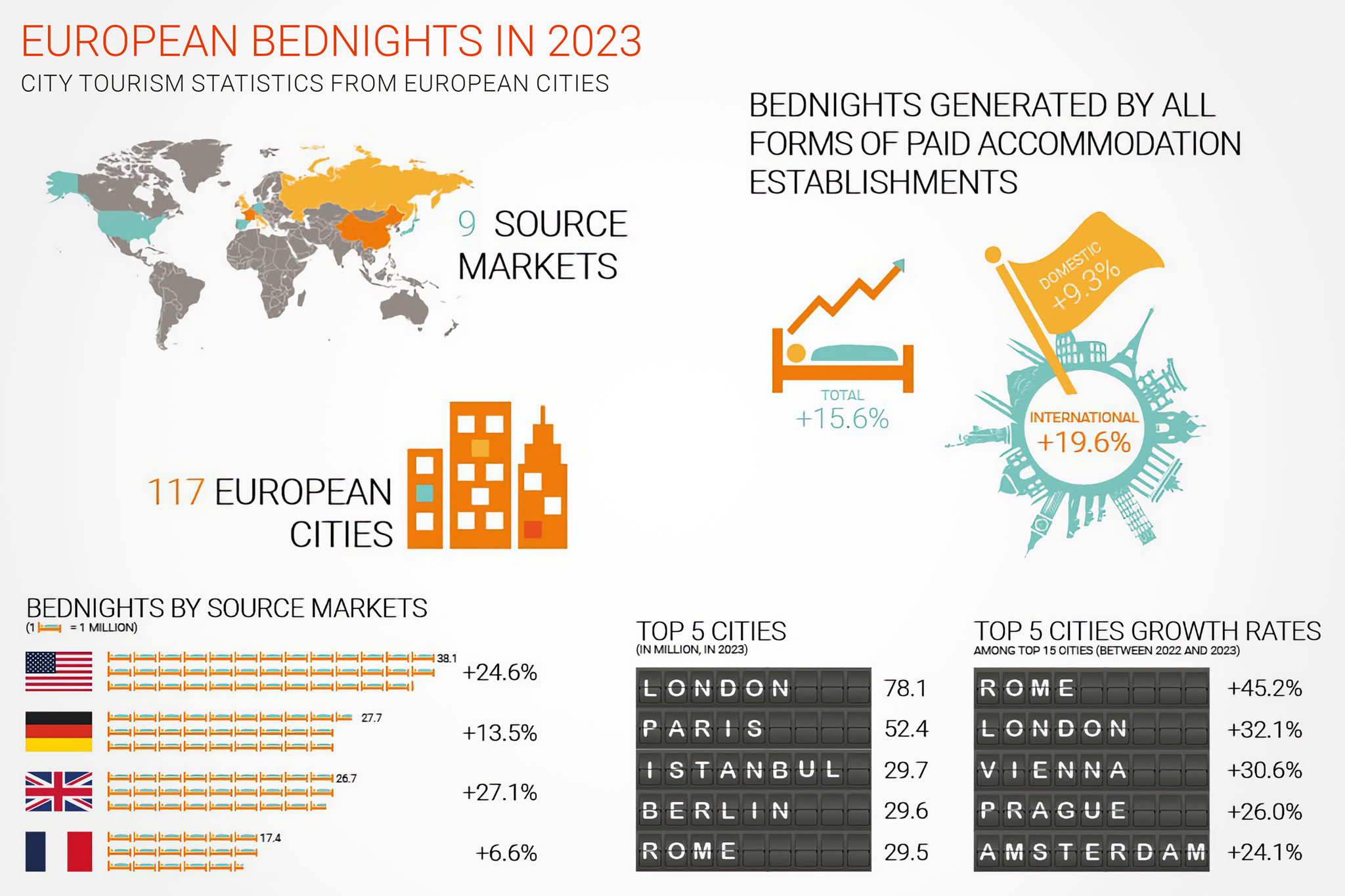In 2029, it will be exactly 70 years since the first Nobel Prize was awarded to what was then Czechoslovakia. Professor Jaroslav Heyrovský was awarded in 1959 for discovering polarography, a chemical method used to analyse solutions. Prague will symbolically celebrate this important anniversary by organising the World Chemical Congress of the International Union of Pure and Applied Chemistry (IUPAC), which will take place in the Czech capital in 2029.
Prague won the opportunity to host the prestigious international event, which is held every two years and is attended by several thousand experts in the field of chemistry. Its importance is accentuated by the meeting of the IUPAC General Assembly and the IUPAC Council, the highest body of the Union. In the Hague, the Netherlands, representatives of the Czech and Slovak Chemical Society and the Prague Convention Bureau, the umbrella organisation for the Prague meetings industry, presented the proposal that received the strongest support in a secret ballot of delegates of all national organisations of IUPAC member states. “We ran for the World Chemical Congress two years ago already, unfortunately unsuccessfully. I am very pleased that we successfully presented the winning proposal this year, beating the competing destinations: the Asian cities of Chengdu, Taipei, and Düsseldorf in Germany. I believe that in 2029, we will present an interesting congress program, the main topic of which should be ‘Frontiers in Chemistry: For the Harmony of Civilisation with Nature,’ which will build on the long and famous scientific research tradition of Czech and Slovak chemistry,” says Professor Dr RN Dr Pavel Matějka, Chairman of the Congress and Rector of the University of Chemistry and Technology in Prague.
“The main topic and title of the congress point to the fact that today’s civilisation cannot exist without the products of chemical production. However, for the sake of sustainability, it is necessary to diminish the negative effects that production and its outputs have on nature and the natural processes,” adds Professor Jiří Vohlídal from Charles University, currently the Chairman of the Czech Chemical Society: “In addition to this focus, the proposal includes a special symposium on electrochemistry to symbolically celebrate the 70th anniversary of Prof. Jaroslav Heyrovský’s Nobel Prize as part of the congress.”
However, the Prague edition of the congress, which will take place at the Prague Congress Centre, will not only be exceptional for its connection to influential personalities of Czech science. For the first time in the history of this event, the winning proposal for organising the congress was submitted jointly by two national chemical societies – the Czech and the Slovak. “The joint candidacy of the Czech and Slovak Chemical Societies was one of the proposal’s strengths. This uniqueness resulted from the once-unified country’s common history and tradition of chemistry. Cooperation between the two countries has been maintained to this day at various levels, from informal collaboration and national support of joint projects to regular joint conferences in individual fields of chemistry, through organising umbrella chemistry congresses and, last but not least, organising such important events as the International Chemistry Olympiad. That is why I am extremely pleased that thanks to winning this prestigious congress, we have the opportunity to present the strong chemistry position in our countries jointly,” adds Professor Igor Lacík from the Institute of Polymers of the Slovak Academy of Sciences in Bratislava, Vice-Chairman of the Congress and representative of the Slovak Chemical Society. Professor Lacík has been engaged at IUPAC for a long time and will be President of the Union’s Polymer Division from 2024 to 2027 and a member of the IUPAC Scientific Council between 2024 and 2025.
The organisation of this congress will bring the Czech and the international chemical professional public the opportunity to present their recent discoveries but also to discuss the latest trends in the field. This way, the event will contribute to the further development of chemical research in our country, the results of which will subsequently benefit the public. “At the same time, chemical processes are one of the strategic fields that the City of Prague focuses on in its Regional Innovation Strategy: RIS 3. It identifies sectors in which Prague has a comparative advantage over other destinations and produces results with high added value. Obtaining this congress means not only an immediate economic benefit for Prague in the form of the stay of 4,000 delegates for the entire week of the congress but especially an influx of global know-how in the field, which in the long term will help the strategic direction and future development of the metropolis. All this contributes to the internationalisation of Czech and Slovak science and the application of research results in practice, which subsequently benefits the general public,” adds Michaela Smetanová, Senior Manager – Business Events at the Prague Convention Bureau, who participated in presenting the congress offer of Prague and the overall implementation and organisational aspects of the proposal as part of the candidacy.
The candidacy for the World Chemical Congress was carried out with the support of the City of Prague, the CzechTourism / Czech Convention Bureau and C-IN, which, among other things, created a video clip for the candidacy inviting world personalities of chemistry to Prague for the World Chemical Congress 2029.






